Euthanasia is not personal freedom or painless death
The Episcopal Conference of Ecuador condemns the ruling of the Constitutional Court that decriminalizes euthanasia
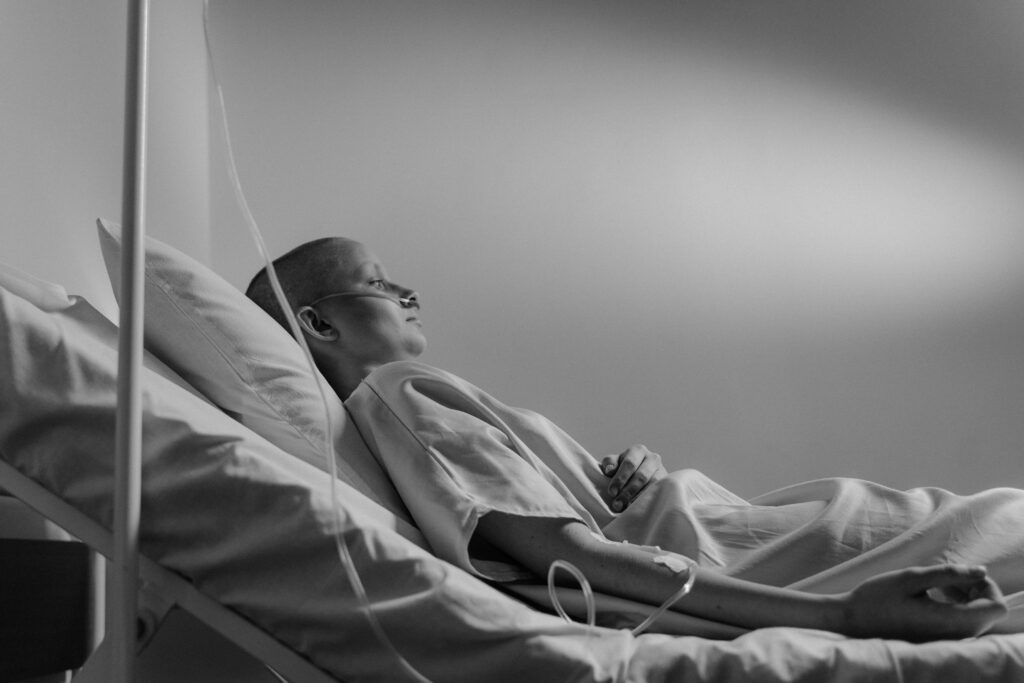
In a declaration, the bishops reiterate that human life is sacred and inviolable and that any complicity with death ends up being paid by the weakest and most vulnerable, such as seriously ill, strongly conditioned, and emotionally affected people.
“The Constitution and the law must be at the service of the health and life of all Ecuadorians, especially people who suffer intensely due to catastrophic diseases, seeking all possible means to alleviate them.” This is what the bishops of the Episcopal Conference of Ecuador (CEE) express at the end of a statement rejecting the ruling of the Constitutional Court, which decriminalizes euthanasia. Published yesterday, Wednesday, February 14, the episcopate’s note not only emphasizes that human life is sacred and inviolable but also denounces the unconstitutionality of said sentence that “has shocked Ecuador.”
On February 7, according to a note from ADN Celam, the Constitutional Court of Ecuador approved by ruling 67-23-IN/24 the decriminalization of euthanasia, in response to the lawsuit filed by Paola Roldán, a woman who suffers from sclerosis lateral amyotrophic disease (ALS), an incurable degenerative disease. This country becomes the 9th to approve this practice.
The throwaway culture
The Episcopate, while warning in its message that this is a ‘vague’ ruling in terms of its supposed scope because it is not clear, also observed with concern that the ‘throwaway culture’ is becoming for some judges in the country “a new member of our social reality”
And they added that it is a decision that exceeds the powers that the court has and an unconstitutional interference in the function of the Legislator. “Giving way to euthanasia without demanding a palliative care law is yet another example of the cynicism of our institutions, and the social and political failure of those who direct them,” they expressed.
Complicity with death
On the other hand, they consider that it is ‘diabolical’ to want to defend life by giving a homicide a legal framework. And they noted that any complicity with death always ends up being paid by the weakest and most vulnerable.
“Euthanasia is not a matter of personal freedom. The freedom of the patient, in a highly vulnerable condition, is strongly conditioned and emotionally affected.”
Relieve and accompany
They indicated that this sentence leads to ignoring the dignity of all people, categorizing them by groups: the healthy, the disabled, the unproductive, the poor who cannot access better support in suffering and this – they added – “brings a deterrent effect, since it generates a subtle coercion and a feeling of being a ‘burden’, since the patient will know that there is an exit door to avoid problems for others.”
In order to face this reality, the Church proposed that society raise its voice in the face of the decision and urged it to continue with the task of alleviating and accompanying the suffering of those who suffer from diseases; He also encouraged the promotion of a Palliative Care law in the country.
The ruling issued this Wednesday is considered a milestone in Ecuador, which would effectively become the ninth country in the world to decriminalize assisted dying for patients in extreme circumstances.
Related
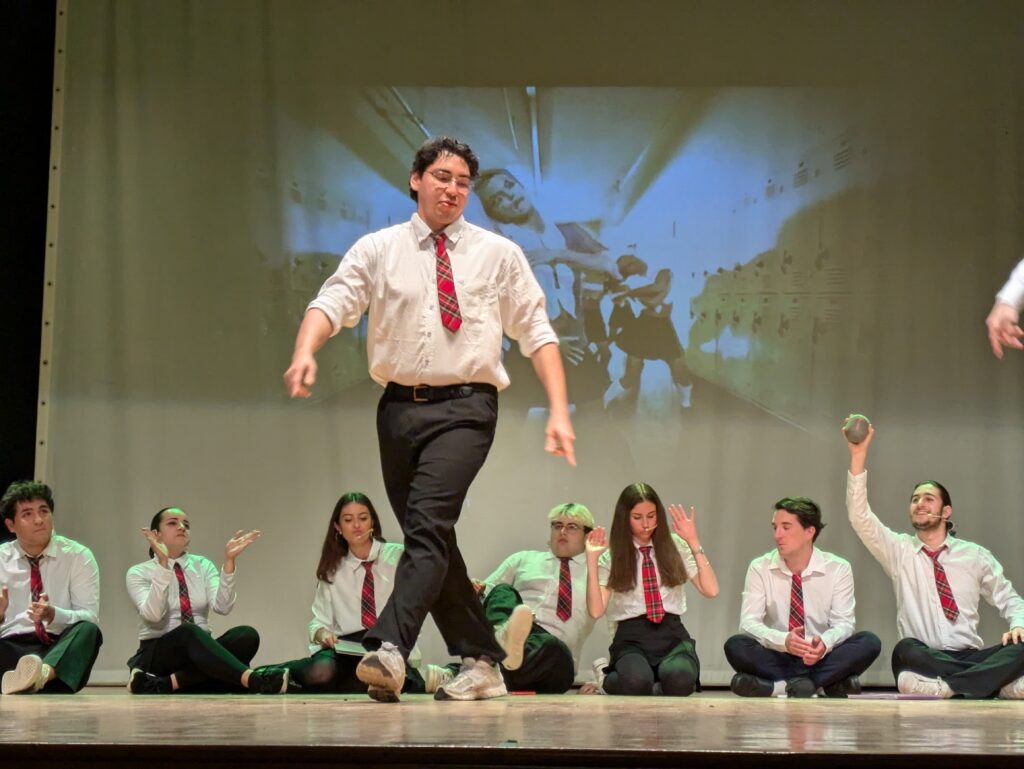
“Highway to Heaven” Arrives in Rome: Carlo Acutis’ Musical Evangelizes with Art and Heart
Exaudi Staff
09 April, 2025
2 min
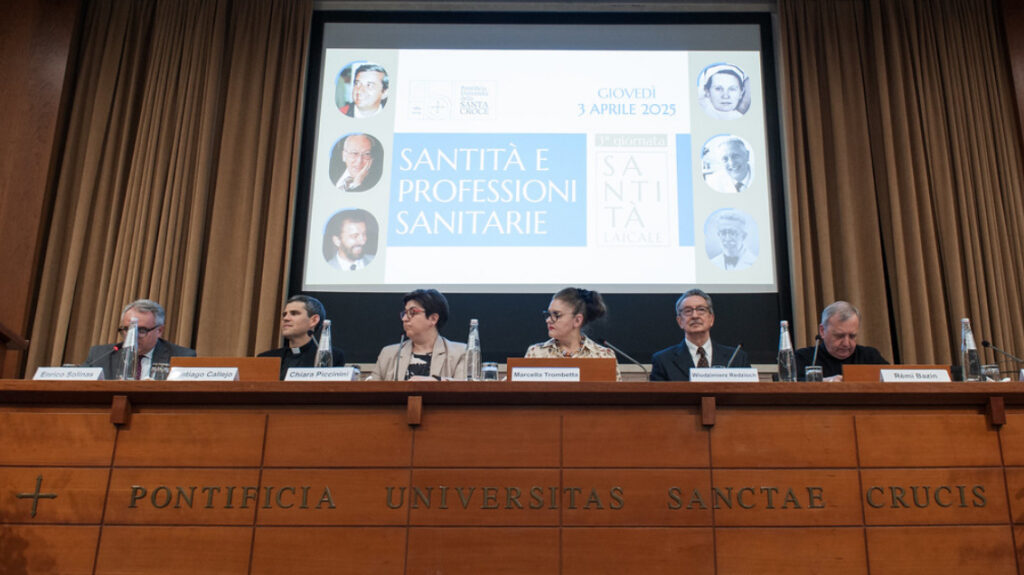
University of the Holy Cross: A Day on Lay Holiness
Wlodzimierz Redzioch
08 April, 2025
3 min
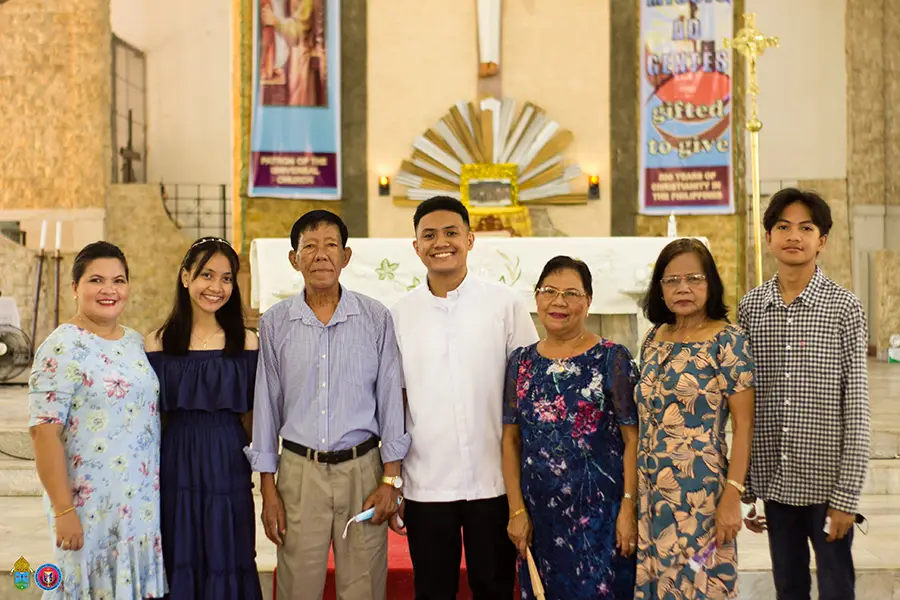
“Spain must preserve the faith it once transmitted to us”
Fundación CARF
07 April, 2025
7 min
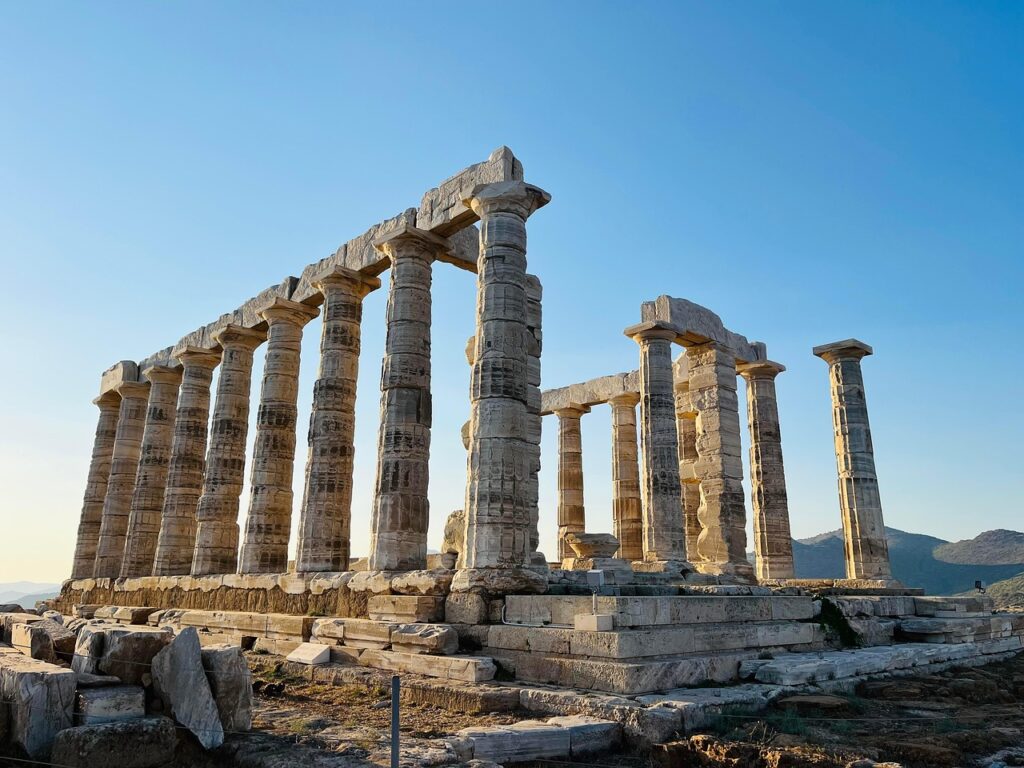
He who is without sin, let him cast the first stone: Fr. Jorge Miró
Jorge Miró
06 April, 2025
3 min
 (EN)
(EN)
 (ES)
(ES)
 (IT)
(IT)

